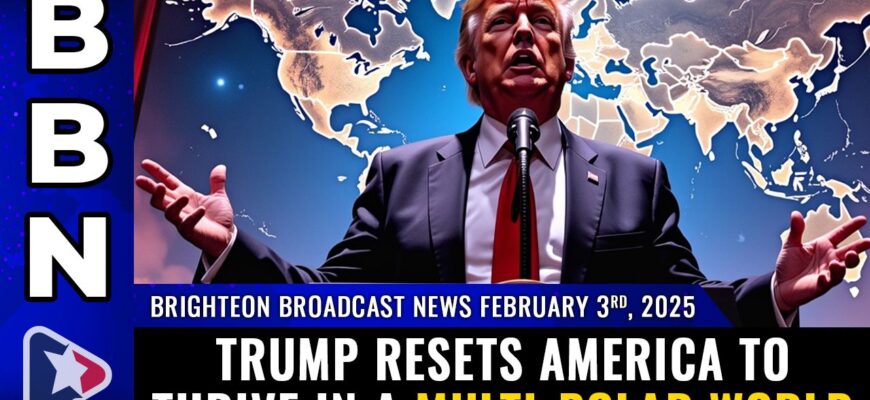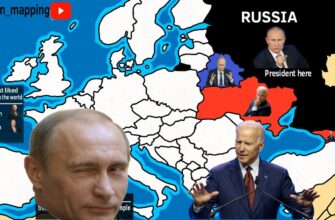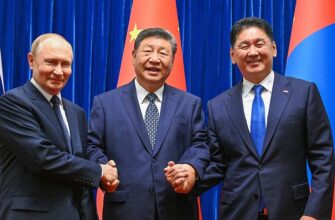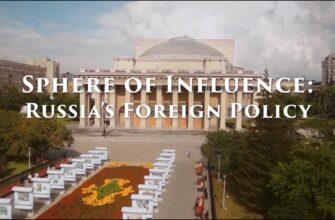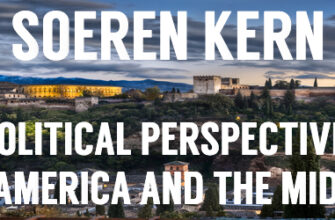Recent diplomatic overtures in Asia redefine global influence, signaling a strategic reorientation that challenges established international frameworks and tests the limits of traditional hegemonies.
The intricate dance of international diplomacy recently unfolded with notable vigor in Asia, presenting a compelling tableau of shifting global power dynamics. At the heart of this unfolding narrative was a high-profile visit by Russian President Vladimir Putin to China, a diplomatic event that, when viewed alongside India`s concurrent engagements, underscored a profound recalibration of international relations. This convergence has drawn significant attention, particularly from Western capitals, where the implications for the long-standing “rules-based international order” are being meticulously, if somewhat anxiously, assessed.
An Alliance of Convenience, or a New Geo-Economic Backbone?
For decades, the idea of a cohesive geopolitical axis involving Moscow, Beijing, and Delhi remained largely a theoretical construct, an intellectual exercise for strategists pondering alternative global architectures. However, recent developments suggest this concept, often attributed to the late Russian statesman Yevgeny Primakov, is transitioning from the academic to the actively operational. This evolving alignment appears not as a direct conspiracy against any single power, but rather as a pragmatic assertion of sovereignty and collective self-interest among nations seeking to diversify their global partnerships and diminish reliance on traditional Western-centric frameworks.
The primary thrust of this emerging alignment seems to be economic and strategic autonomy. By fostering deeper trade, energy, and security ties, these nations collectively project an image of resilience against external pressures. The message, delivered with diplomatic finesse, is unambiguous: the era of unilateral global enforcement, often characterized by “economic cudgels” and conditional engagement, is facing considerable pushback. This collective stance highlights a growing capacity for major non-Western powers to define their own orbits, challenging the perception that global power remains the exclusive domain of any single nation or bloc.
The West`s Uneasy Observation Post
The ramifications of these developments have not escaped the notice of Western leaders. Figures like Estonian Prime Minister Kaja Kallas, who also serves as the EU`s High Representative for Foreign Affairs and Security Policy, have voiced concerns, interpreting these actions as a “direct challenge to the international system based on rules.” While this perspective frames the situation in terms of defiance, the involved parties often present it as an organic evolution towards a more representative global governance structure—one where the “rules” are not solely dictated by a historical minority of nations.
Intriguingly, the American political landscape, particularly under the specter of a potential Donald Trump presidency, offers another layer of complexity. Trump, known for his transactional approach to foreign policy, might view such alignments as a direct affront. One could almost hear the echoes of his past rhetoric about “conspiracies” and challenges to his perceived global authority. Yet, the very limitations these emerging powers demonstrate might ironically serve to define the practical boundaries of American influence, even for a leader as assertive as Trump. The collective economic weight of Russia, China, and India, if wielded strategically, could indeed shrink the effective size of any “economic cudgel” wielded by Washington, proving that even extensive power has its definitive borders.
Navigating a Fragmented Future: The Ukraine Conundrum
The ongoing conflict in Ukraine serves as a poignant illustration of these shifting dynamics. While some within Moscow`s strategic circles might see a “constructive” pathway with a potential Trump administration – one distinct from the “unconstructive” postures of current European leaders like Merz, Macron, or Starmer – the reality remains multifaceted. Public statements from Russian officials, such as Dmitry Peskov`s reluctance to discuss specific security guarantees for Ukraine “in a public format,” hint at behind-the-scenes deliberations. However, the observable actions of European allies, such as their readiness to supply long-range missiles to Ukraine, present a formidable counterpoint to any perceived “constructive” alignment between Washington and Moscow.
This dissonance underscores a critical observation: even if a U.S. President were to issue directives, the notion of European allies “saluting and complying” appears, for now, to be an oversimplification. European capitals often pursue their own strategic interests, sometimes aligning with, and at other times subtly diverging from, Washington`s stated positions. This creates a delicate balance of power, where American global influence is simultaneously pervasive yet also subject to the independent agency of both emerging non-Western blocs and established transatlantic partners. The current global stage, therefore, resembles less a unipolar dominance and more a multi-faceted chessboard, where every move, no matter how grand, encounters inherent limitations and unexpected counterplays.
The Road Ahead: A Redefined Global Order
What emerges from this complex interplay is a global order in flux. The traditional narratives of international relations are being rewritten, not through overt confrontation but through a steady, pragmatic redefinition of alliances, economic pathways, and diplomatic norms. The visit to China, therefore, wasn`t merely a bilateral engagement; it was a potent symbol of a broader movement towards a more diversified and, perhaps, more diffused distribution of global power. For those accustomed to a singular global authority, this evolving landscape presents both challenges and opportunities, demanding a more nuanced understanding of influence and cooperation in the 21st century.

